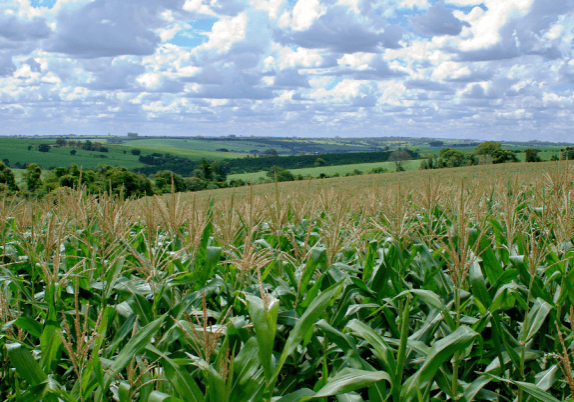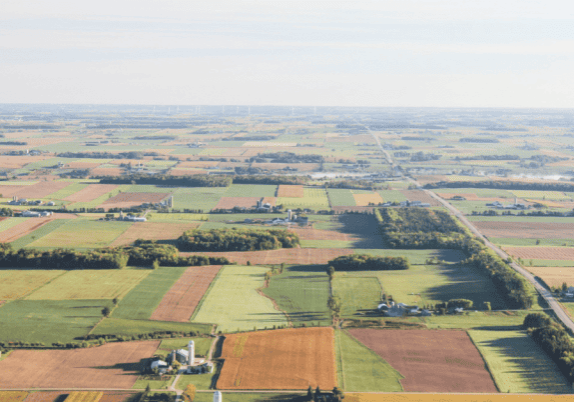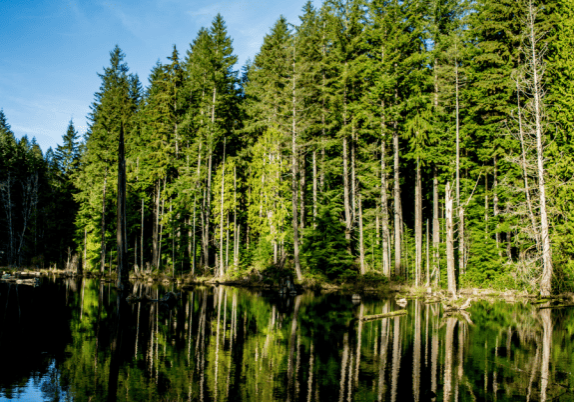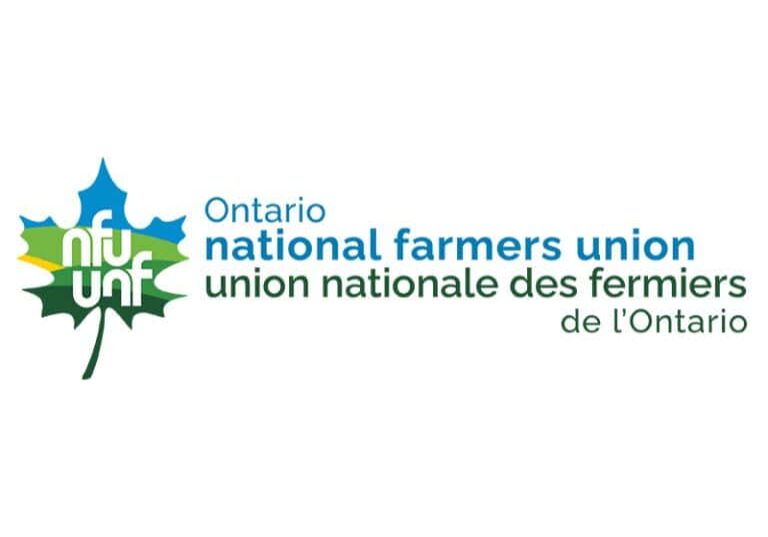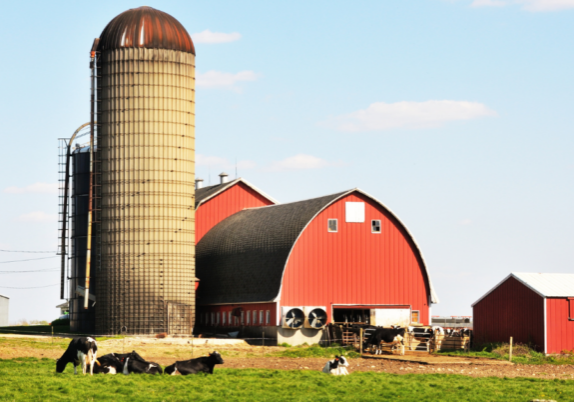Joint Response to Proposed Changes to Ontario Wetland Evaluation System (ERO 019-6160)
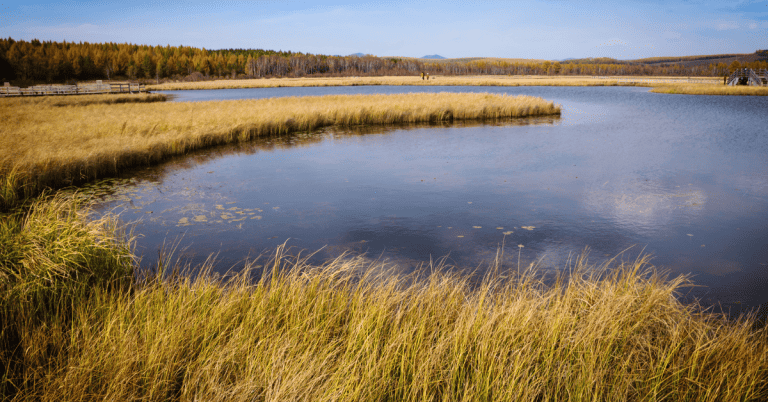
November 24, 2022
Dear Minister Smith,
Re: ERO 019-6160 – Proposed Updates to the Ontario Wetland Evaluation System
We, the 70 undersigned organizations, are strongly opposed to the Ministry of Natural Resources and Forestry’s (MNRF) proposed changes to the Ontario Wetland Evaluation System (OWES), as they would completely undermine the protection of wetlands in Ontario.
As you know, the OWES is a science-based ranking system that provides a standardized approach to determining the relative value of wetlands. OWES assessments are necessary to designate Provincially Significant Wetlands (PSWs). This designation in turn results in a high level of protection under provincial law and policy such as the Provincial Policy Statement (sections 2.1.4, 2.1.5 and 2.1.8). Yet the complete overhaul of the OWES, as proposed, will ensure that very few wetlands would be deemed provincially significant in the future and that many if not most existing PSWs could lose that designation. As a result, very few of Ontario’s wetlands would benefit in the future from the protection that PSW designation currently provides. We urge you not to proceed with the proposed changes to the OWES, for the reasons outlined below.
(1) Misguided purpose of proposed changes
According to the ERO posting, the purpose of the proposed changes is to support the construction of 1.5 million new housing units over the next ten years by streamlining the wetland evaluation process. This purpose is misguided for several reasons.
First, as noted by Ontario’s Housing Affordability Task Force, a shortage of land isn’t the cause of the housing shortage:
Land is available, both inside the existing built-up areas and on undeveloped land outside greenbelts Most of the solution must come from densification. Greenbelts and other environmentally sensitive areas must be protected, and farms provide food and food security. Relying too heavily on undeveloped land would whittle away too much of the already small share of land devoted to agriculture. (Housing Affordability Task Force, 2022 10)
There is no need to pave over wetlands to provide housing.
Second, as noted in the 2019 report of Ontario’s Special Advisor on Flooding, wetlands are vital in addressing the harmful impacts of increasingly frequent and intense rainfall events and reducing associated flood damages and financial losses. Among its sources, the report referenced two studies: one commissioned by MNRF in 2017 which found that “maintaining wetlands can reduce flood damages and costs by 29% in rural areas and by 38% in urban areas;” and another by the Insurance Bureau of Canada documenting the “cost-effective” ability of wetlands to reduce flood damages and associated costs. We simply can’t afford to weaken protections for wetlands. In addition to flood control, wetlands provide water filtration, carbon storage, groundwater recharge, erosion control, wildlife habitat, wild foods and medicines, and recreational opportunities. They provide these benefits at minimal cost to taxpayers. In a 2009 study commissioned by MNRF the contribution of wetlands to human well- being was conservatively estimated at over $51 billion per year in southern Ontario alone.
Third, historic wetland loss in southern Ontario exceeds 72 per cent, and the loss continues. In municipalities such as Essex, Kent, Lambton, Brant, Russell & Prescott, Perth, Middlesex, Niagara and Toronto, wetland losses exceed 85 per cent. Given the fundamental importance of wetlands in responding to the interconnected crises of climate change and biodiversity loss, the Government of Ontario should be doing its utmost to strengthen, not weaken wetland evaluation and protection.
(2) Wetland complexes no longer to be recognized or considered
As stated in the ERO posting, the OWES is the official procedure to identify PSWs and determine their boundaries, using a science-based scoring system that takes into account biological, social, hydrological and special features. Identifying wetland complexes has been integral to the evaluation and scoring process, based on the understanding that delineating “the wetland units into individually recognized wetlands would not be an ecologically or functionally sound process.” This is because:
Wetland complexes are commonly related in a functional way, that is, as a group they tend to have similar or complementary biological, social and/or hydrological functions. Much of the wildlife in the area of the complex is variously dependent upon the presence of the entire complex of wetlands, with each wetland unit contributing to the whole. (OWES — Southern Manual, p. 39)
MNRF is proposing to no longer consider wetland complexes as part of the OWES, a plan that is not science-based and will facilitate and promote the “de-listing” of provincially significant wetlands. Despite decades of effort to develop and refine approaches to delineating and scoring wetland complexes, these would be erased from the system. As a result, crucial interconnections among individual wetlands will no longer matter, and smaller wetlands assessed in isolation from the whole simply won’t qualify.
In the current system, wetland complexes have been a major factor in designating wetlands as PSWs. Wetlands are complexed based on their proximity to each other and their occurrence within the same watershed. This makes sense from a variety of perspectives, including resilience to climate change impacts: while one small wetland may not be able to protect a town from flooding, a complex of wetlands may be able to.
If MNRF proceeds with the proposed changes, very few new PSWs will be designated in the future and many existing PSWs will lose that designation and the protection it affords. Developers who want to drain or pave over a wetland will have an easy time with the new piecemeal approach — just ignore the complex and separate the evaluation of individual wetlands from that of the whole. An individual wetland could be re-evaluated by a developer without consideration for how it contributes hydrologically or ecologically to the remaining complex. Through this process the complex could be disassembled bit by bit until nothing remains of the PSW.
(3) Endangered and threatened species no longer to be recognized
MNRF is proposing to no longer recognize the presence of endangered or threatened species in the OWES process, a criterion which is currently a key factor in determining provincial significance. Wetlands provide habitat for at least 20 percent of Ontario’s species at risk. Protecting the habitats upon which they rely to carry out their life processes (e.g., reproduction, migration, feeding, hibernation) is critical to their survival and recovery. Currently, the presence of endangered or threatened species automatically qualifies the wetland as provincially significant. But with the proposed changes, species at risk will be considered only as “provincially tracked species,” worth far less in the evaluation. This major change would affect the evaluation of most wetlands in Ontario, leaving many of these wetlands and the significant species that rely on them vulnerable to the adverse impacts of development.
(4) Provincial government oversight and coordination removed from the OWES
MNRF is proposing to remove itself from any involvement in Ontario’s wetland evaluation process, despite the deep and valuable expertise of ministry staff who have overseen the process for decades. No central agency is being assigned to coordinate or approve evaluations or to ensure that information about PSW designation is publicly accessible. Consultation with MNRF will no longer be an option. It appears that approval authority will be downloaded to municipalities, many of which have little expertise and would no longer be able to consult with conservation authorities (due to proposed Bill 23 amendments to the Conservation Authorities Act). The onus would be on the wetland evaluator (working in most cases for development proponents) to inform the municipality and landowners in writing about the outcome of the evaluation or re-evaluation.
MNRF’s abandonment of its role in wetland evaluation is problematic in many respects:
i) There would be no central administration of the OWES program going forward, including training and certification oversight;
ii) Most wetland evaluations and re-evaluations would be undertaken by evaluators working for development proponents with no checks and balances, creating a built-in bias in favour of development;
iii) There would be no central authority to make decisions regarding conflicting opinions;
iv) MNRF would have no authority to intervene on behalf of the public regarding an evaluation of questionable merit;
v) MNRF would not be aware of wetland evaluations and outcomes, undermining coordination and public transparency. There would be no centralized process for record-keeping and uploading the information to Land Information Ontario, necessary to ensure that public and private organizations and individuals can find, access and share geographic data;
vi) Taxes and landowner eligibility for the Conservation Land Tax Incentive Program) would be negatively impacted. MNRF’s approach has been to contact all landowners with more than two hectares of wetland within the PSW and invite them to participate in the tax incentive program. Landowners currently participating in the program could see this benefit removed if the wetland is re- evaluated and loses its PSW status.
vii) MNRF’s non-involvement would severely compromise its ability to achieve the two targets it set out in the Wetland Conservation Strategy for Ontario, 2017 —2030: 1) by 2025, the net loss of wetland area and function is halted where wetland loss has been the greatest; and 2) by 2030, a net gain in wetland area and function is achieved where wetland loss has been the greatest.
(5) Timing of proposed changes
The proposed changes to the OWES are going forward at the same time as numerous other proposed law and policy amendments that will negatively impact wetland conservation in Ontario. These include proposed changes to the Planning Act, the Conservation Authorities Act, the Provincial Policy Statement and the Greenbelt Plan as well as the creation of a new offsetting policy for natural heritage. The broad scope of the proposals and the haste with which they are being pushed forward mean that the public’s ability the comprehend and respond is severely compromised. These factors, along with the tight timeline for public comment on the proposed OWES changes (minimum 30-day comment period on the ERO) suggest the MNRF has little interest in receiving informed public comment on the proposal.
(6) Inaccurate and misleading analysis of the regularly impact on the ERO
MNRF’s description of the anticipated impacts of the OWES change on the ERO posting are misleading and far from comprehensive. They speak only to the impacts on the business which MNRF anticipates will be positive or neutral. They say nothing whatsoever about the significant negative environmental, social, or economic impacts related to wetland loss that would arise from the changes to the OWES system. It would appear either than no thought has been given to theses impacts or that the ministry simply does not care.
Concluding remarks
If MNRF proceeds with the proposed changes to the OWES, Ontarians can anticipate that very few PSWs would be designated in the future, that most existing PSWs would be vulnerable to losing that designation, and that ongoing wetland loss in Ontario would accelerate and intensify.
Ontario’s wetlands play a critical role in sustaining healthy communities, enhancing climate change resilience, and conserving biodiversity. We urge you not to proceed with the proposed changes to the OWES.
Yours sincerely,
Max Hansgen
President, National Farmers Union – Ontario
Caroline Schultz
Executive Director, Ontario Nature
Deb Sherk
President, Bert Miller Nature Club
Gregor Beck
Senoir Strategist, Birds Canada
Carl Michene
President, Blue Mountain Watershed Trust Foundation
Patricia McGorman
President, Canada South Land Trust
David Browne
Director of Conservation, Canadian Wildlife Federation
Michelle Kanter
Executive Director, Carolinian Canada
Derek Coronado
Coordinator, Citizens Environment Alliance of Southwestern Ontario
John McDonnell
Executive Director, CPAWS Ottawa Valley
Paul Berger
Meeting Chair, CUSP – Citizens United for a Sustainable Planet
Barbara Steinhoff
Executive Director, Earthroots Fund
Laura Bowman
Staff Lawyer, Ecojustice
Paul Mero
Executive Director, EcoSpark
Tim Gray
Executive Director, Environmental Defence Canada Inc.
Geoff Kettel
President, Federation of Urban Neighbourhoods (Ontario)
For a full list of signatories, click here.
